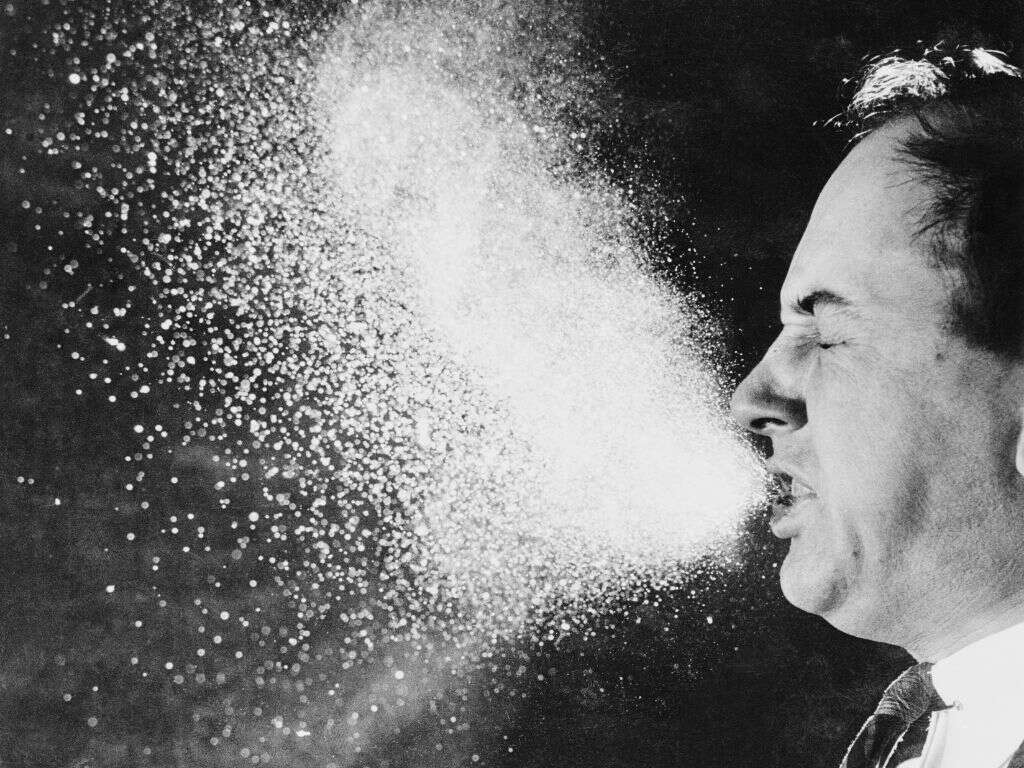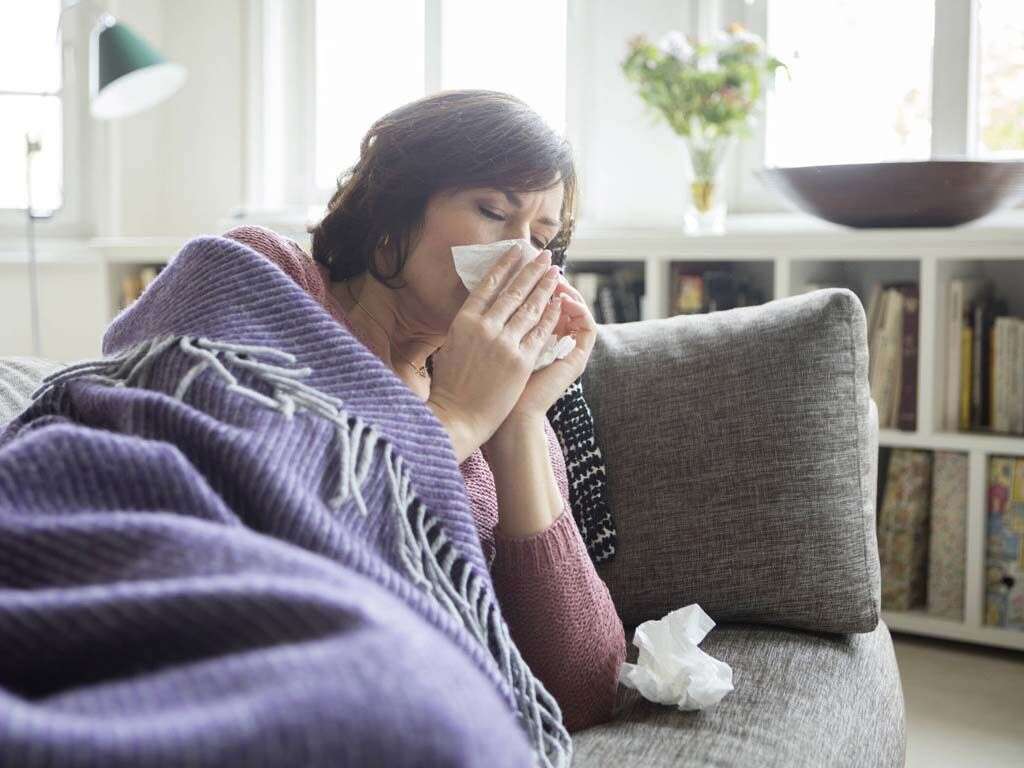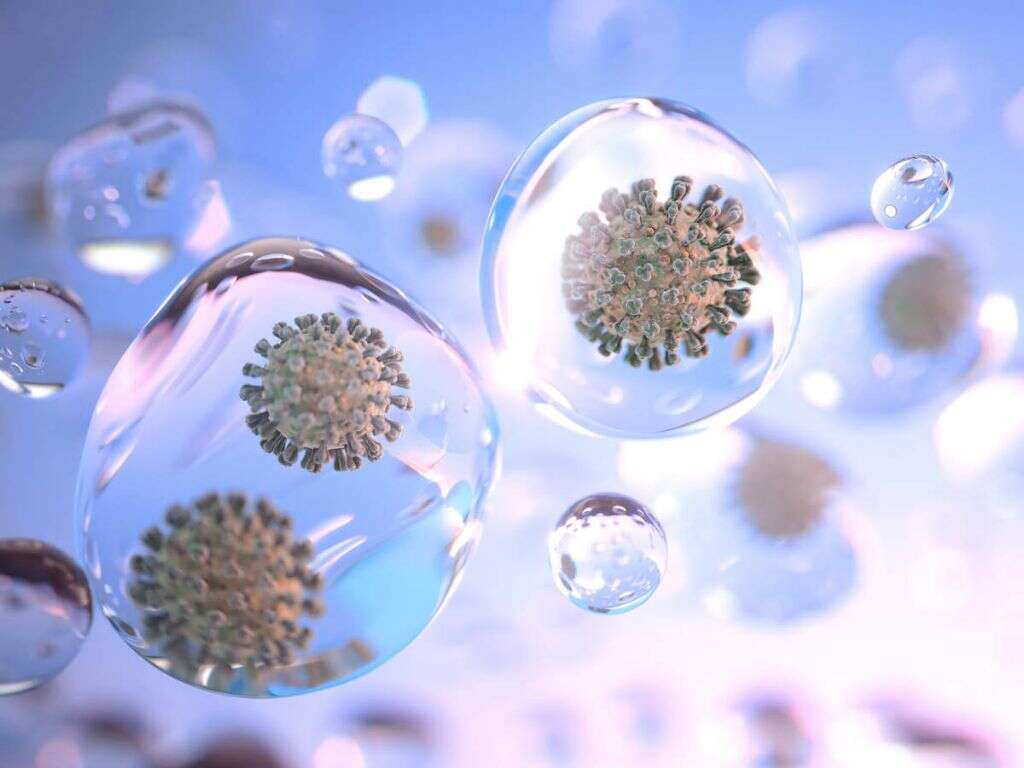What Is the Flu Incubation Period?
 Article Sources
Article Sources
- 1. (2020, August 31). Clinical signs & symptoms of influenza. Centers for Disease Control and Prevention. https://www.cdc.gov/flu/professionals/acip/clinical.htm
- 2. Ries, J. (2020, January 1). Sorry, you might get the flu twice this year — here's why. Healthline. https://www.healthline.com/health-news/get-the-flu-twice-this-year
Each year around September, advertisements for the flu shot pop up at your doctor’s office, pharmacies, and local healthcare clinics. Do you need a flu shot? How do you know you have the flu, anyway, and how long does it take to develop symptoms after you are infected?
Before you get sick, you likely have noticed that there are a few days beforehand during which you may feel unwell but not necessarily sick. Or you may feel nothing at all. This is called the incubation period.
1. What Is an Incubation Period?
When you catch a virus, there is a period of a few days up to a few weeks in which the virus lives in your body but does not yet cause the symptoms that make you feel sick. This incubation period for the flu is typically around one to four days.
During the incubation period, you are at risk for passing the germs onto others, although most “shedding” takes place when you are showing symptoms. It’s best to recognize when you have been exposed to a contagion to prevent coming into close contact with others during the incubation period.
2. What Are Common Symptoms of the Flu?
The flu is notorious for coming on seemingly out of nowhere. Now that you know the incubation period lasts for a few days before you show symptoms, you may realize that the virus was lurking in your body for a few days until it reached the level that made you feel sick.
Flu symptoms can include a dry, hacking cough, fever, chills, dehydration, and nausea, especially in children.1(2020, August 31). Clinical signs & symptoms of influenza. Centers for Disease Control and Prevention. https://www.cdc.gov/flu/professionals/acip/clinical.htm If fever reaches a temperature of 102 or higher, get in touch with a doctor right away.
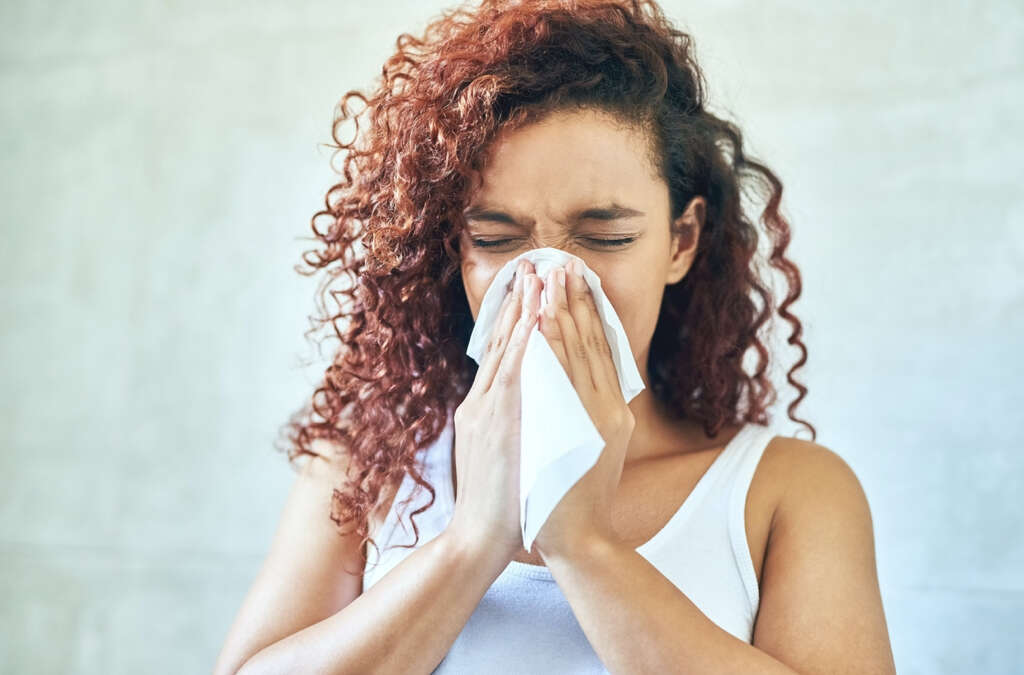
3. What Does the Incubation Period Mean for Quarantining?
If you know that you have been exposed to the flu and you are able to avoid people for two days, this is your best bet for reducing transmission of the virus to other people. If you live in a large, crowded city, this is especially important for slowing viral transmission.
If you need to go to work and are not feeling sick, you will probably be OK to do so unless you work with the elderly or medically compromised patients. Ask your employer what it is recommended to do in this situation.
4. If I Already Had the Flu, Am I Now Immune?
If you have had the flu during one flu season, you may be immune for the rest of that flu season. Unfortunately, new strains of the flu develop every year, so catching the flu once does not provide lifelong immunity. This is why new flu shots come out every year.
There are often several strains of the flu that appear during one flu season. If you catch an A-strain of the flu, you can still catch the B-strain later that season.2Ries, J. (2020, January 1). Sorry, you might get the flu twice this year — here’s why. Healthline. https://www.healthline.com/health-news/get-the-flu-twice-this-year It’s best to continue to follow public health precautions and not get overconfident that you won’t get sick.
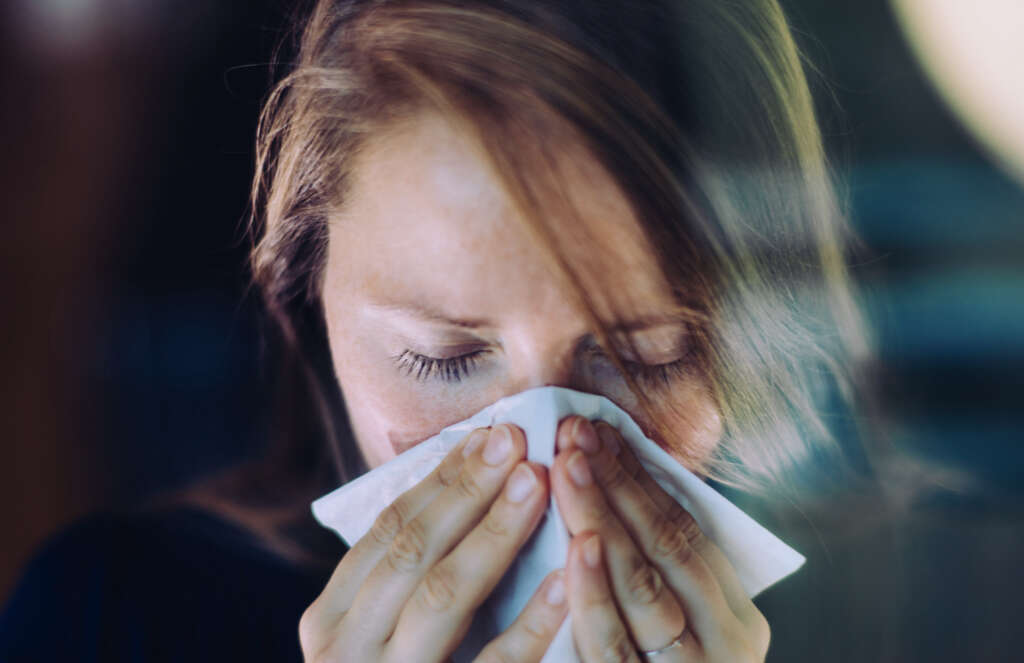
5. When Should I Watch Out for the Flu?
Flu season runs from approximately September through March of every year, though it’s possible to get the flu in August, and some people get the flu as early as July, though this is unusual. If you’re sick in the summer, it’s likely a different virus.
The CDC offers a “flu tracker” map for U.S. residents that can be helpful in determining whether the flu has started circulating in your state. You can almost always bet that by the winter holidays, flu season is in full swing.
6. Should I Get a Flu Shot?
As per the CDC, individuals who are six months and older should receive a flu shot.1(2020, August 31). Clinical signs & symptoms of influenza. Centers for Disease Control and Prevention. https://www.cdc.gov/flu/professionals/acip/clinical.htm There are several exceptions to this rule, however. If you are allergic to eggs, medically compromised, taking specific medications, or pregnant, you should check with your doctor.
Most pregnant women are advised to get a flu shot. This protects mothers during pregnancy, and it may grant developing babies some immunity during the first few months of his life when they cannot get their own flu shot.
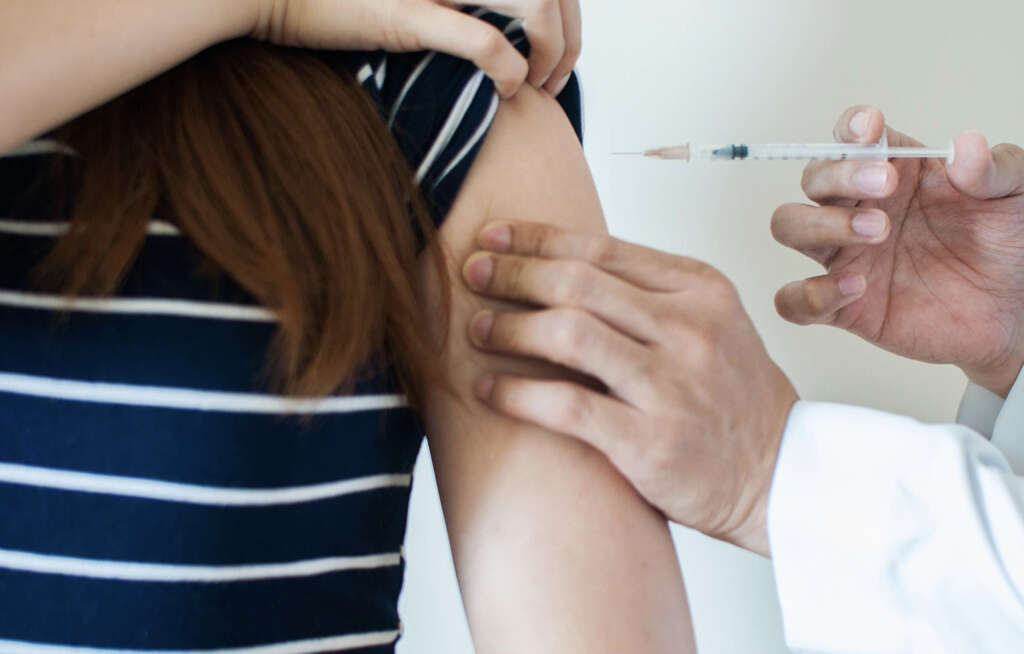
7. Can’t I Just Wear a Mask If I Think I’m in the Incubation Period?
You may be able to wear a mask to provide extra protection to others while you go out and complete your daily errands and work. If you are working indoors, make sure to wash your hands and be careful about touching or hugging others.
If you know you have been exposed to the flu and are feeling tired, run-down, or a little bit “off,” stay home if you can! The flu virus spreads rapidly and it is crucial to avoid contact with others if you know you’ve been exposed.
8. What Should I Do if I Know I’ve Been Exposed to the Flu?
If you know you have been exposed to the flu — for example, your sister and her kids all have it, and when you dropped off groceries at their house, your three-year-old nephew sneezed on you — it’s recommended to keep an eye on your symptoms and your temperature for a few days. Don’t take chances with influenza.
If you feel fine after a few days and you haven’t developed symptoms, it’s probably safe to assume that you will not be getting the flu this time. If you start to feel ill, you may want to call in sick to work and call your doctor to schedule a flu test.

9. How Can I Avoid Getting the Flu?
You can start by washing your hands — a lot. Wash them every time you return home, when you go to work, when you leave work, and after you’ve had close contact with other people outside your family.
If you have no egg allergies and you are medically able to get a flu shot, this seasonal vaccine can help prevent the flu, as well as reduce the severity of symptoms. Always ask your doctor before trying a new treatment if you have never done this before.
10. How Is the Flu Incubation Period Different From COVID-19’s Incubation Period?
The flu and the novel coronavirus are both viruses, and they both have an incubation period in which the person may be infected but still feels well overall. The flu’s incubation period spans roughly one to four days, while the novel coronavirus can hang around for two weeks before causing symptoms!
If you know you have been exposed to someone with COVID-19, be on the safe side, quarantine yourself for two weeks and get tested. If you have symptoms that concern you, be sure to talk to your doctor by way of telemedicine or in person.



